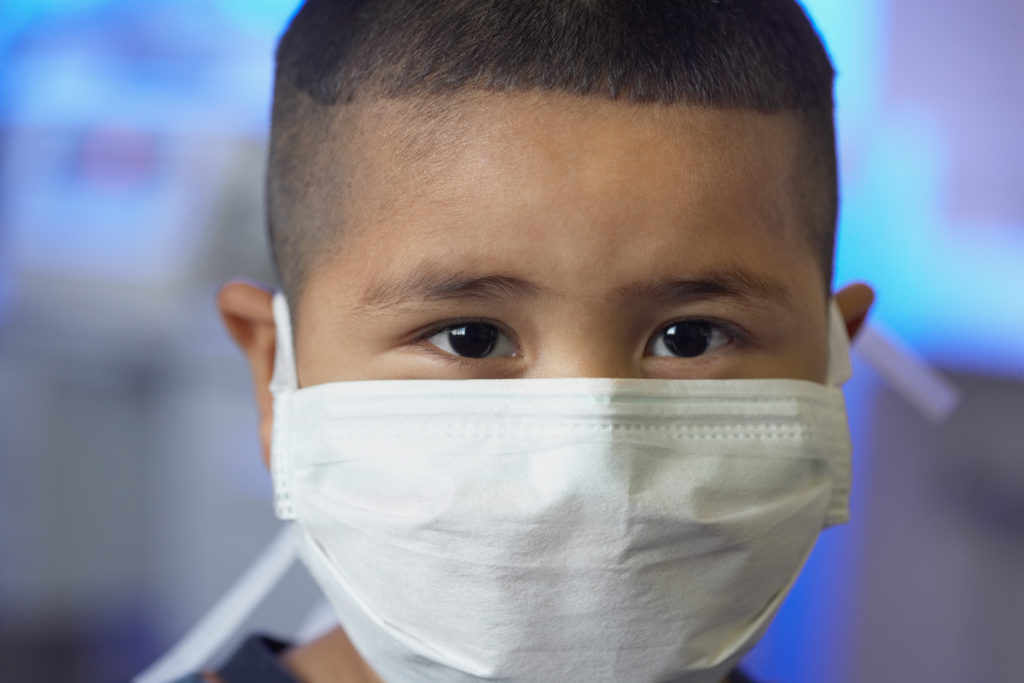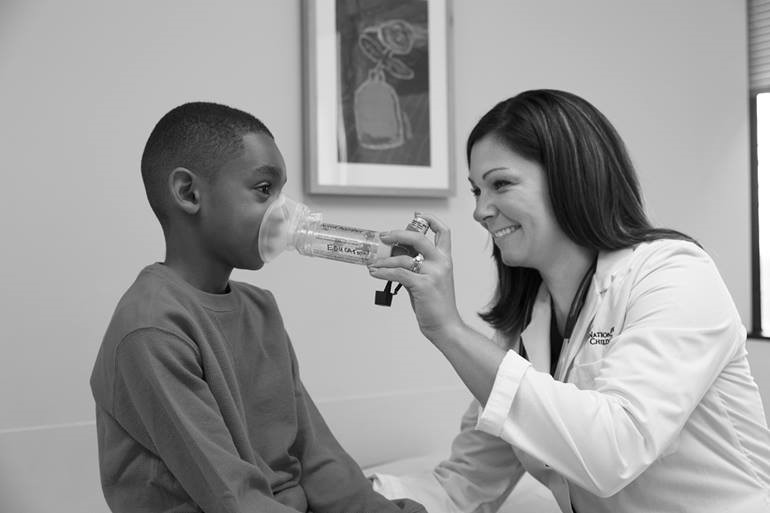What Pediatricians Should Know about Long COVID
What Pediatricians Should Know about Long COVID https://pediatricsnationwide.org/wp-content/uploads/2020/03/AdobeStock_68406059-1024x683.jpg 1024 683 Octavio Ramilo, MD Octavio Ramilo, MD https://pediatricsnationwide.org/wp-content/uploads/2021/09/060517BS0059-Ramilo-profile.jpg- September 27, 2021
- Octavio Ramilo, MD

More than 4 million children have tested positive for SARS-CoV-2 in the United States. According to the American Academy of Pediatrics, long-term effects from COVID-19 can be significant, regardless of initial disease severity.
Medical providers across the nation, including here at Nationwide Children’s Hospital, are seeing an increase in cases of what is being called long, or long-haul COVID. Here is what you need to know about the condition, which refers to cases with continuing symptoms that last beyond a few weeks.
What are the symptoms?
The most reported symptoms in people with long COVID include:
- Respiratory issues including shortness of breath, chest pain or cough
- Change in taste and smell
- Brain fog
- Fatigue (tiredness)
- Headache
How common is long COVID in children?
It is believed that anywhere between 15 and 40% of children who are infected with COVID-19 will have long COVID.
Are some children affected more than others?
Long COVID appears to be impacting those who were asymptomatic, and those with mild or severe illness, equally. A higher number of cases are being seen in teenagers; however, it is thought to be the result of older children being better able to communicate how they are feeling after infection.
What causes long COVID?
The most popular hypothesis for what causes long COVID is that a part of the COVID-19 virus remains hidden in a person’s body. Symptoms of long COVID occur when your body’s immune system continues to fight the virus.
What treatment is available for long COVID?
Based on each patient’s individual symptoms, treatment can include:
- Close monitoring of heart inflammation and respiratory concerns
- Rest
- Mental health support
What should I do if I think a child has long COVID?
If you suspect a child has long COVID:
- Monitor ongoing symptoms
- Identify new symptoms
- Develop a treatment plan
- Determine a return-to-activity (sports, school, employment, etc.) timeline
How can I help prevent my patients from getting long COVID?
The best form of protection against COVID-19 and long COVID is vaccination. Wearing a mask, maintaining physical distancing and washing hands frequently are also proven methods for slowing the spread of the virus.
COVID-19 and long COVID are relatively new diseases caused by the SARS-CoV-2 virus and require more research to determine long-term effects. However, nearly all children, with the proper treatment, recover fully from long COVID within three to six months.
For more information about caring for children and adolescents after COVID-19, the American Academy of Pediatrics offers this guidance:
About the author
Octavio Ramilo, MD, is the chief of Infectious Diseases at Nationwide Children’s Hospital, he is also the Henry G. Cramblett Chair in Infectious Diseases and professor of Pediatrics at The Ohio State University College of Medicine. Dr. Ramlo obtained his medical degree from the Universidad Complutense in Madrid, Spain. Professor Ramilo completed his pediatric residency at the Hospital “12 de Octubre” in Madrid and a subsequent Pediatric Infectious Disease Fellowship at UT Southwestern Medical Center in Dallas, Texas. He has been involved in translational and clinical research related to the role of the host immune response in pathogenesis of infectious diseases for over 20 years. His current research is focused on pathogenesis and treatment of respiratory infections, especially RSV, and the application of genomics technologies for improving diagnosis and understanding of host responses to infectious agents.
-
This author does not have any more posts.
- Posted In:
- Uncategorized






